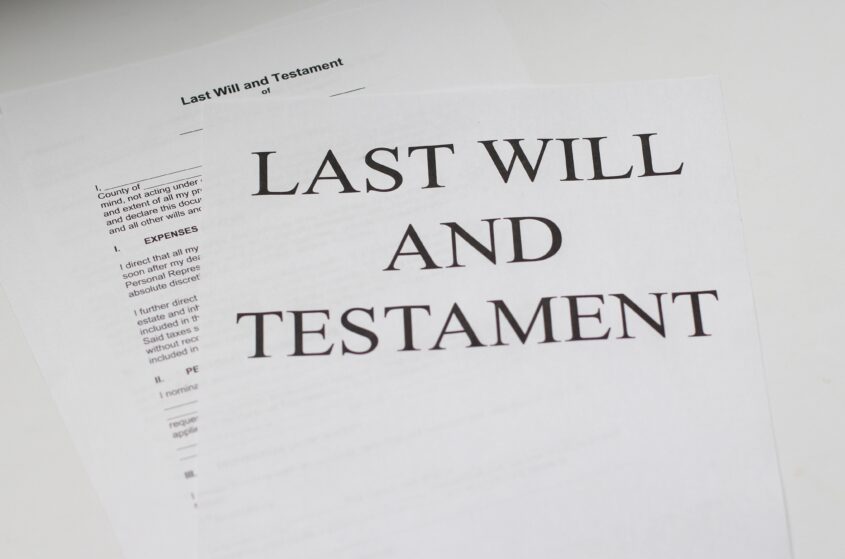Is Will Writing for me?
Situations like the Covid pandemic have caused many of us to wonder about the transient nature of our lives. Many are beginning to find out what to do, especially with regards to estate and inheritance, if they themselves or their loved ones leave this world unexpectedly. There are already emerging internet platforms out there such as 99wills that are trying to address the rise of interests in will writing, specifically catering to those wanting a piece of mind but at the same time wanting to still practice social distancing.
If one dies without a will, the Distribution Act 1958 provides for how one’s assets will be distributed to that person’s family members upon one’s passing. However, the distribution as prescribed by law is pre-determined and may not be what one imagines it to be. The family members of that person will also not have a say. The distribution/entitlement is generally dependent on a few permutations on whether the deceased leaves behind his/her parents, spouse and children as follows:
| If a person dies leaving behind: | Parents | Spouse | Children |
| parents only (no spouse, no children) | everything | – | – |
| spouse only (no parents, no children) | – | everything | – |
| children only (no spouse, no parents) | – | – | everything |
| parents and spouse (no children) | ½ | ½ | – |
| spouse and children (no parents) | – | ⅓ | ⅔ |
| parents and children (no spouse) | ⅓ | – | ⅔ |
| parents, spouse and children | ¼ | ¼ | ½ |
*Children include one’s children’s descendants.
If one dies leaving no parents, spouse and children, then one’s estate will be distributed equally to the deceased’s brothers and sisters, grandparents, uncles and aunts, great grandparents and great granduncle and grandaunts.
Since the law has this distribution in place, why is there still a need for having a will?
It might turn out to be a surprise that dying without a will is a little more cumbersome than dying with a will. Here are some issues arising if a person dies without a valid will:
- frozen assets: the deceased’s assets will be frozen until the family members apply to obtain a Grant of Letter of Administration. A Grant of Letter of Administration is an order that allows the deceased’s family members to become the deceased’s personal administrator of the deceased’s assets. At every step of the way, it is possible for disputes to arise between family members or beneficiaries on who should be appointed as the deceased’s personal administrator.
- unclaimed assets: the deceased assets may become untraceable if the family members were not aware of its existence. The government is not in the business of tracking down the deceased’s heirs if a person dies and may not know what is available for claim. If land is involved, failure to claim the land on time may also result in land forfeiture where the government seeks to recover the unpaid land taxes that have accumulated eg. quit rent.
- longer and costly: the distribution process will take a longer period and cost more eg. the court requires a surety bond to guarantee the proper administration of the deceased’s estate.
- unfamiliar guardian: the court may appoint a guardian (not necessarily of the deceased’s choice) to look after his/her children below the age of 18, if any.
In conclusion, if you have some assets as such, having a will in place is usually recommended in order to avoid unnecessary tussle of assets between family members or avoid family relationships from turning terribly sour altogether.
